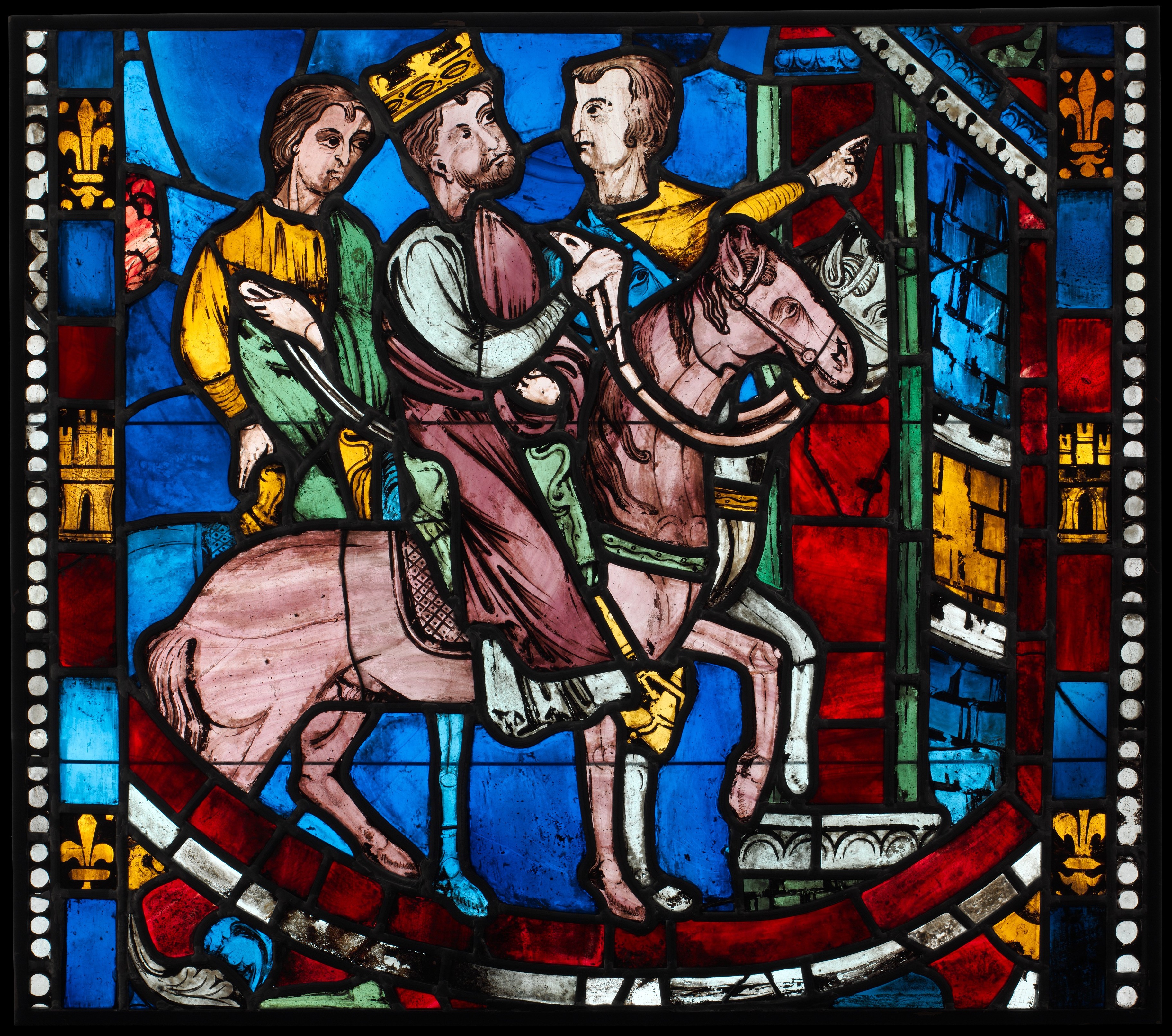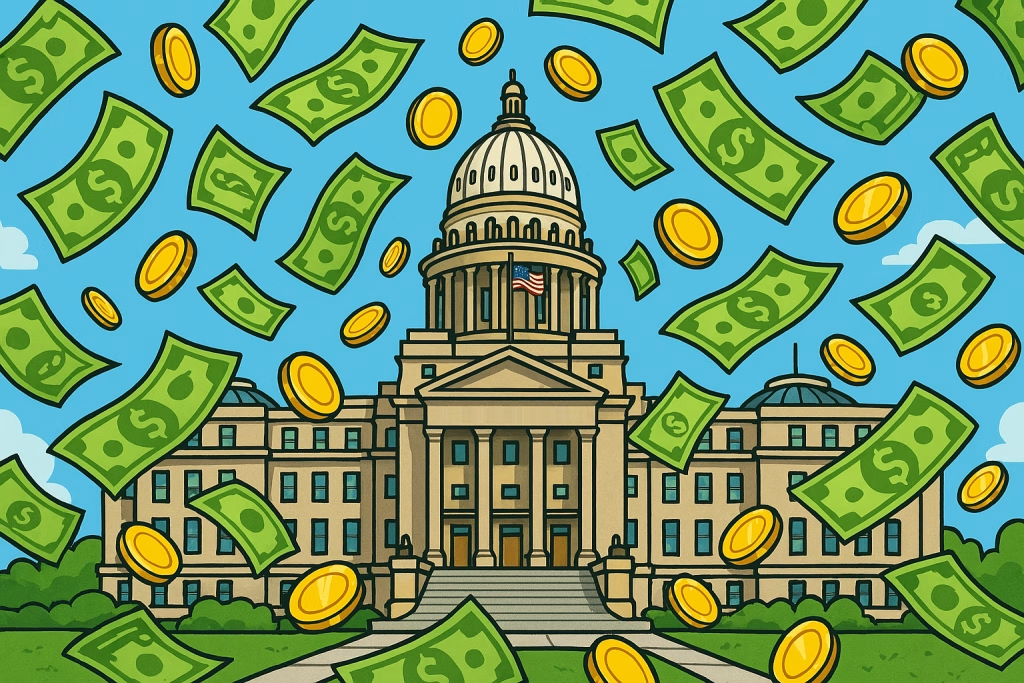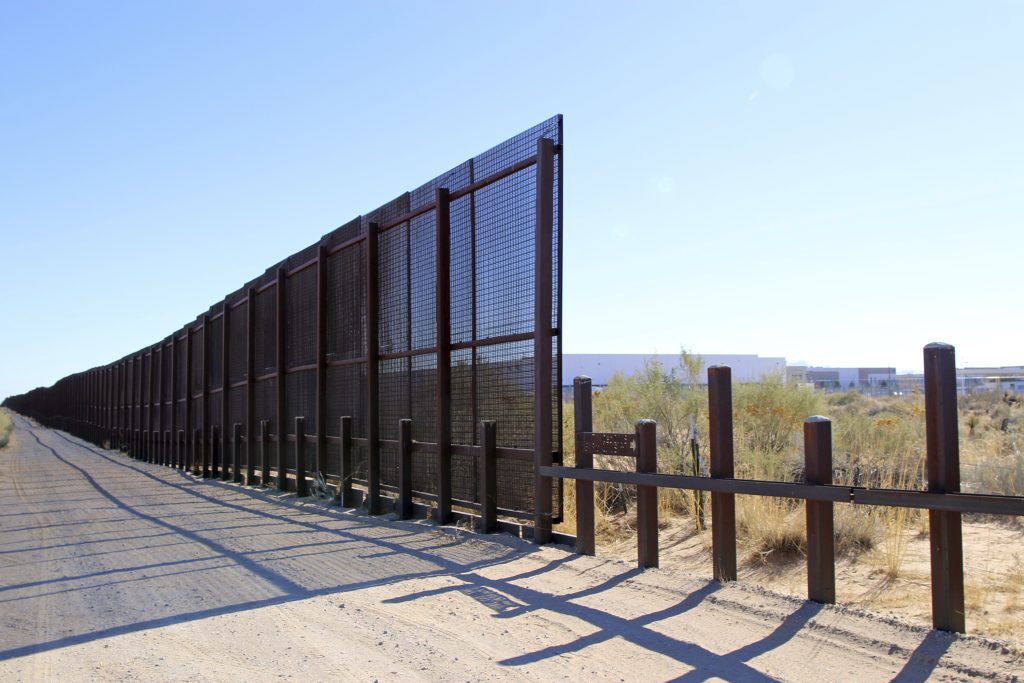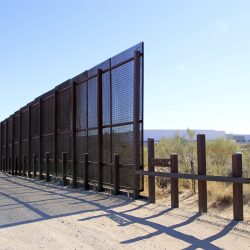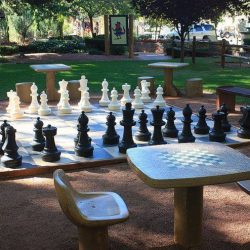In 1776, Thomas Jefferson wrote in the Declaration of Independence that governments were instituted among men for the purpose of protecting their life, liberty, and pursuit of happiness. This was an enlightenment idea that had been developed in opposition to the divine right of kings, which literally applied Romans 13:1 which said: “Let every person be subject to the governing authorities. For there is no authority except from God, and those that exist have been instituted by God.”
Even in the age of kings, however, monarchs still had a responsibility to uphold the laws of their kingdom and of the Church. A thousand years ago, English kings swore an oath before God at their coronation to three things:
- Protect the Church of God and all the people would hold true peace under his rule.
- Forbid acts of robbery and iniquity.
- Uphold justice and mercy in all judgements.
Monarchs obviously did not always fulfill their responsibilities. The English barons forced King John to sign Magna Carta in 1215 to hold him to what he should have been doing already —protecting the rights of the people.
In 1788, James Madison wrote Federalist 51 to explain how the new government under the Constitution would have built in constraints through the separation of powers. He wrote:
It may be a reflection on human nature, that such devices should be necessary to control the abuses of government. But what is government itself, but the greatest of all reflections on human nature? If men were angels, no government would be necessary. If angels were to govern men, neither external nor internal controls on government would be necessary. In framing a government which is to be administered by men over men, the great difficulty lies in this: you must first enable the government to control the governed; and in the next place oblige it to control itself.
This is the paradox of government, and the reason why neither socialism nor libertarianism work at scale. Human nature doesn’t change —we will always have poverty, laziness, avarice, and malice, both in the people and in the government. Despite our belief in equality under the law, we cannot have a one size fits all government for the rural sheep herder, the city dwelling service worker, and the homeless indigent.
Our founders knew this, which is why they created a relatively weak federal government while allowing states and cities to govern as they thought best. Unfortunately, that framework has been entirely inverted, and the federal government now micromanages the people and other governments from the ivory towers of Washington DC.
Ultimately our government is a reflection of our values as a people. So long as we continue electing lawmakers and executives who are invested in maintaining the current system, nothing will change. Despite the increasing centralization of authority and looming totalitarianism, we are still in a better place than the early Church which faced outright persecution by autocratic leaders. Like the early Christians, we must remember that no government controls our virtues or our obligations to God. We should continue to exercise our rights to the soap box, the ballot box, and the jury box, until the day in which we must make the same choice our founders did nearly 250 years ago. Until then, remember the words of St. Peter:
Be subject for the Lord’s sake to every human institution,whether it be to the emperor as supreme, or to governors as sent by him to punish those who do evil and to praise those who do good. For this is the will of God, that by doing good you should put to silence the ignorance of foolish people. Live as people who are free, not using your freedom as a cover-up for evil, but living as servants of God. Honor everyone. Love the brotherhood. Fear God. Honor the emperor.
1 Peter 2:13-17 ESV
About Brian Almon
Brian Almon is the Editor of the Gem State Chronicle. He also serves as Chairman of the District 14 Republican Party and is a trustee of the Eagle Public Library Board. He lives with his wife and five children in Eagle.


